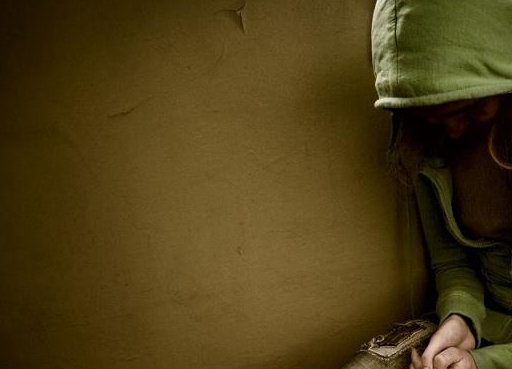Many college students experience depression after entering university, with freshmen and juniors being more prone to depression.
The signs of depression among college students are quite apparent: persistent low mood, reluctance to socialize, avoidance of social gatherings or extracurricular activities, feelings of worthlessness, significant changes in weight, and even symptoms like insomnia and vivid dreams.
After years of studying to finally reach the dream college environment, why does depression occur? And why do college students become a high-risk group for depression? These reasons are worth reflecting on.
Why do college students become a high-risk group for depression? Here are 3 realistic reasons:
Firstly, significant psychological changes may occur. Many imagine college life as a dream come true, yet the reality often differs greatly, leading to a sense of disillusionment.
In college, the style of learning is vastly different from the past – where teachers and parents closely supervised study habits, placing high importance on academic performance.
However, in college, there’s no longer constant supervision to guide academic pursuits. Professors leave after classes, with minimal interaction. For students lacking self-motivation, this shift can trigger a sense of detachment and a lack of autonomous learning, potentially leading to depression.
Moreover, college life demands independent handling not just of academics, but also personal affairs. Some students may struggle with organization and self-care, resulting in poor health and overall well-being.
The pressure of managing these new responsibilities can overwhelm some students, leading to fragile mental states and ultimately depression.
Finally, college students must navigate social relationships and soon face job market pressures upon graduation – additional stressors that can weigh heavily on their minds.
Those who struggle with interpersonal connections may suffer psychological torment, while excessive worry about job prospects can foster prolonged anxiety and potential depression.


